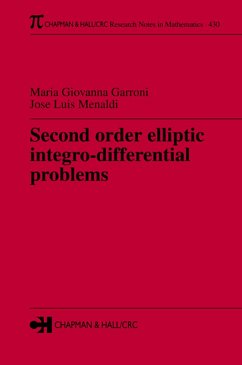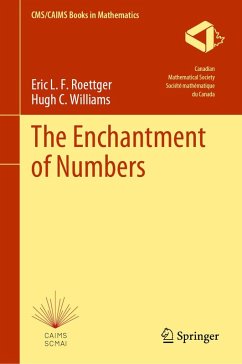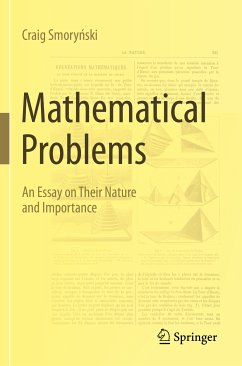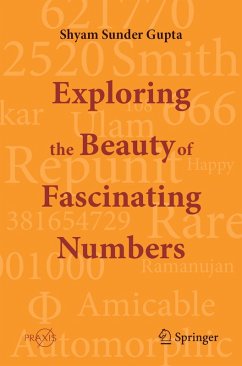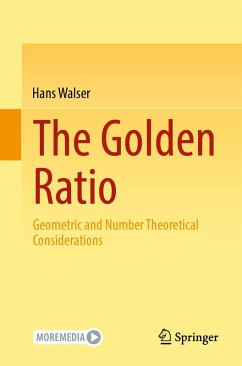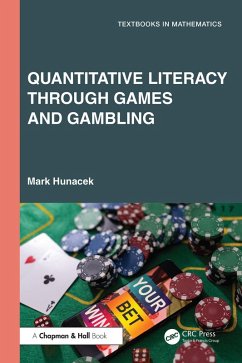
The Art Of Probability (eBook, PDF)
Versandkostenfrei!
Sofort per Download lieferbar
79,95 €
inkl. MwSt.
Weitere Ausgaben:

PAYBACK Punkte
40 °P sammeln!
Offering accessible and nuanced coverage, Richard W. Hamming discusses theories of probability with unique clarity and depth. Topics covered include the basic philosophical assumptions, the nature of stochastic methods, and Shannon entropy. One of the best introductions to the topic, The Art of Probability is filled with unique insights and tricks worth knowing.
Dieser Download kann aus rechtlichen Gründen nur mit Rechnungsadresse in A, B, BG, CY, CZ, D, DK, EW, E, FIN, F, GR, HR, H, IRL, I, LT, L, LR, M, NL, PL, P, R, S, SLO, SK ausgeliefert werden.






